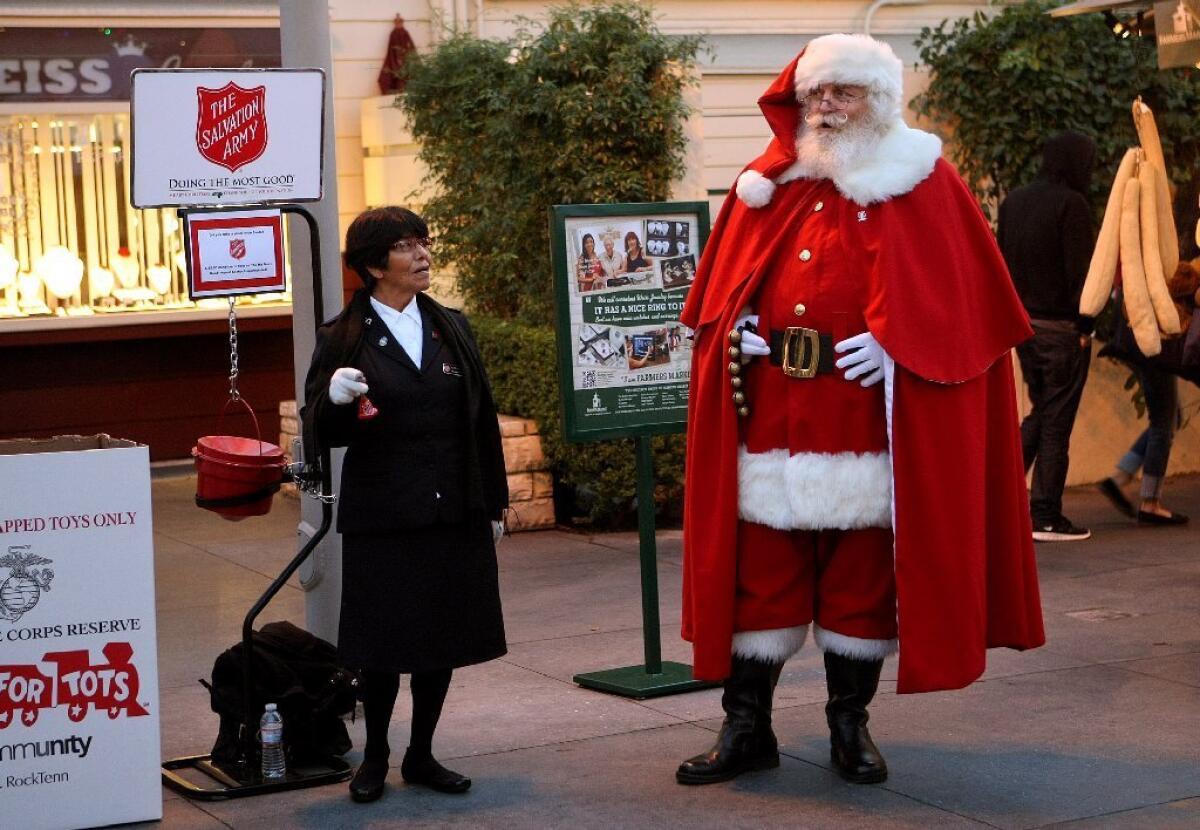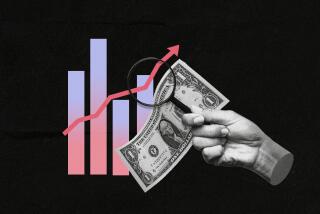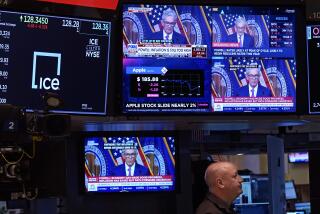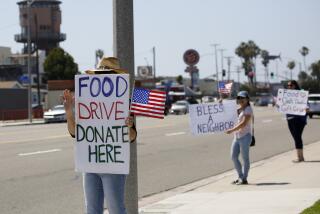Income inequality makes the rich more Scrooge-like, study finds

To give or not to give? A new study finds a prospective donor’s perception of surrounding income inquality may affect his or her decision.
- Share via
As the annual “season of giving” dawns, a new study finds that stark income inequity -- a dramatically rising trend in the United States -- makes the “haves” less generous toward others.
Higher-income people were less inclined to be generous both when they came from states where income inequality is high and when they were made to believe that there was a sharp divide between rich and poor, a new study found. And they were less charitable in both cases than were low-income people.
Since the 1980s -- the end of a 30-year period during which the middle class flourished in the United States -- wealth has grown increasingly concentrated at the top of the economic ladder, while low-income Americans have commanded a smaller and smaller share of the nation’s wealth.
In 2013, the top 0.1% of households received approximately 10% of the pretax income, versus approximately 3%-4% between 1951 and 1981. The Congressional Budget Office reckoned that between 1979 and 2007, households controlling the top 1% of the nation’s wealth increased their incomes 275%, while the incomes of those in the economy’s lowest tier picked up a mere 18%.
A study published in the PNAS on Monday compared the giving patterns of rich and poor two ways. Using results from a nationally representative survey that included a donation opportunity at the end, researchers looked at how patterns of giving corresponded to wealth distribution in donors’ home states.
Of the 1,498 people who participated in that survey, donation by those with household incomes above $125,000 was more prevalent among those who lived in states in which income inequality was low. Among wealthier survey-takers from states with higher income inequality, fewer took the opportunity to donate.
The authors also conducted an experiment in which 704 people were presented with simulated information portraying their home states as having either high or low income inequality, and then given the opportunity to bestow raffle tickets on another participant.
When they were prompted to believe they lived in a state with high income inequality, those with household incomes above $125,000 were less generous than when they believed incomes in their state were more equitably distributed.
The authors found no such difference in donor behavior among people whose household income was below $15,000.
The new findings may actually somewhat improve the view of wealthy Americans among social science researchers. A wide range of recent studies had suggested that wealthy Americans are, across the board, less generous than less wealthy Americans. This study suggests that that stinginess is, at least, more prominent where the rich are richer and the poor are poorer.
The researchers, led by Stanford University sociologist Robb Willer, surmised that wealthy people embedded in a milieu where rich and poor live in starkly different circumstances may feel more entitled to their moneyed status, or more threatened by the prospective loss of privilege that would come if resources more evenly distributed. They may feel that the system whereby wealth is apportioned is fairer because they so rarely come into contact with the poor.
And the authors of the study do not shrink from its obvious implications: progressive taxation policies and social services that lift up the poor might not only lift their boats. They might also make the rich more generous about pitching in a penny or two to do so.
Follow me on Twitter @LATMelissaHealy and “like” Los Angeles Times Science & Health on Facebook
MORE IN SCIENCE
Newest Pluto pics show day in life of dwarf planet
For face transplant recipients, some of the healing is psychological
Dangerous dirt: Why the animal world is obsessed with staying clean







